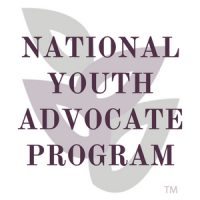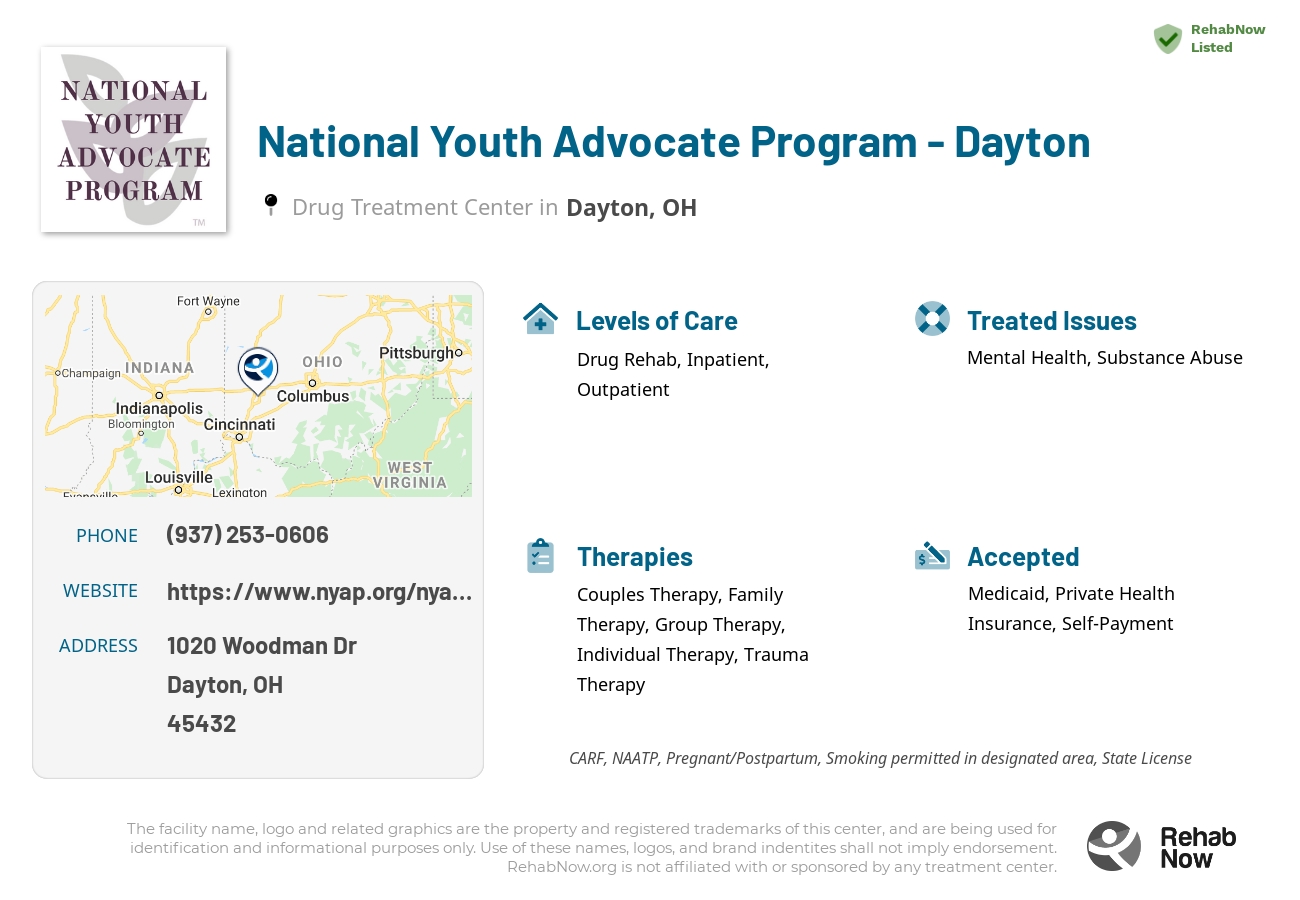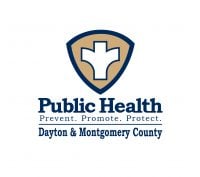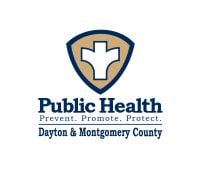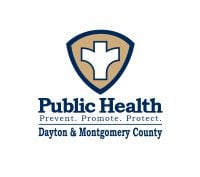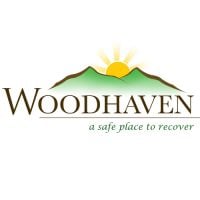National Youth Advocate Program - Dayton
Drug Rehab Center in Dayton, Ohio
The National Youth Advocate Program - Dayton is a leading addiction treatment center in Dayton, OH that offers tailored individualized holistic programs for inpatient and outpatient levels of care, detox services, and aftercare support to help individuals suffering from substance abuse and dual diagnosis achieve sobriety.
About National Youth Advocate Program - Dayton in Ohio
National Youth Advocate Program - Dayton is a facility located in Dayton, Ohio which is dedicated to providing quality substance abuse treatment services. The program accepts private health insurance and has a full range of care options that include detox, inpatient, outpatient, and aftercare support. Their services are designed to meet the individual needs of each individual in order to provide the best care possible for those struggling with substance abuse, dual diagnosis, and mental health. The team of professionals at National Youth Advocate Program - Dayton is committed to helping those in need overcome their addictions and live healthier, more fulfilling lives.
National Youth Advocate Program - Dayton offers comprehensive treatment services for individuals with addiction and substance abuse. The program utilizes evidence-based therapy and interventions, such as cognitive behavioral therapy, to build skills that can help individuals on their journey to recovery. Nutritional plans, yoga, meditation, art therapy, and other activities can be incorporated into treatment plans to help individuals manage their mental health and cope with the struggles associated with addiction. In addition, the facility is accredited by the Commission on Accreditation of Rehabilitation Facilities (CARF) and holds a license from Ohio Department of Mental Health and Addiction Services.
Genders
Ages
Modality
Additional
Conditions and Issues Treated
Substance abuse creates problems that affect people in Dayton, OH on many levels. First, substance abuse affects the individual who is abusing drugs or alcohol. This can result in health problems, including heart damage and overdose. Substance abuse also affects the user’s family, friends, co-workers, classmates, or peers. These people feel frustrated because they do not know how to help their loved ones struggling with addiction. At the same time, the addict cannot control his behavior. Lastly, friends and family members of addicts are affected financially by substance abuse.
The good news is that effective treatments can help prevent substance abuse or treat its effects on the user. These treatments, which include behavioral therapy and counseling sessions, target the underlying causes of substance abuse, helping users achieve sobriety so they can regain control over their lives. They also teach users to cope with stress in ways other than using drugs or alcohol.
Levels of Care Offered
This center offers a variety of custom treatment tailored to individual recovery. Currently available are Aftercare Support, Detox, Drug Rehab, Inpatient, Outpatient, with additional therapies available as listed below.
The first level of recovery is detox. It involves giving a person the opportunity to get the toxins out of their body safely. The individual receiving treatment at National Youth Advocate Program - Dayton typically will get ill during detox, and they will often start using again to get rid of unpleasant emotions and complicated physical responses. It is why having a Ohio medical professional present is so critical. A medical professional can make sure that patients do not start using again during detox and stay physically healthy during the process. They will also have treatment on a mental level to relieve their symptoms and guide them through the process.
Going to an inpatient rehab facility means living there while all aspects of addiction or co-occurring disorder get addressed. The treatment involves medical supervision, therapy, and future planning.
This type of rehabilitation provides a drug-free environment for people who struggle with chronic/long-term addiction without having access to drugs outside the center (or their own home). It takes away any distractions because they live there 24 hours per day. If someone is trying to break out old habits, which could lead them back into substance abuse, things like jobs or school can be put on hold until after they complete their stay to focus solely on recovery.
Outpatient programs at National Youth Advocate Program - Dayton, the Dayton resident can live with their family while continuing with their job or studies. Treatment includes educating the patient on drug abuse, medications, and counseling sessions at the individual or group level. Outpatient treatment plans cover diagnosis, detoxification, management, and counseling. They are a popular option for those who have graduated from inpatient facilities.
Without aftercare support, addicts can easily relapse back into addiction. It is crucial to integrate the addict back into society. Aftercare support should take place after outpatient treatment has ended.
There are a few different types of aftercare support that patients can seek after completing an inpatient treatment program:
- 12 Step Self-help groups (AA, NA)
- Therapeutic communities,
- Long-term, structured sober living arrangements
- Halfway houses (residential treatment centers)
Many different support groups exist for addicts to seek help after treatment. Some are more effective than others, depending on the person’s addiction, background, and other factors.
Therapies & Programs
Individual therapy is a form of counseling where you meet with a trained professional one-on-one. Meeting with a therapist in this setting allows for a personal and trusting relationship to be built. This allows the patient to open up about sensitive or private issues they may not feel comfortable discussing in a group. Individual therapy helps identify the root causes of your addiction, which can help prevent relapse.
Couples therapy for drug addiction is a unique form of therapy that allows family members to work through the emotional issues of their loved one’s addiction together. Family members can support each other while learning how to cope with the addiction and encourage healthy changes. The two will work with a therapist to learn how the addiction affects themselves and the relationship.
Family therapy is often done alongside drug treatment to help addicts stay sober. The goal of family therapy for drug addiction is to create an environment where communication can happen without judgment, hostility, or blame. The therapist will sit with the family so they can learn how to communicate differently and provide new tools for dealing with emotions so that people don’t want to drink or do drugs. It’s important for families to focus on relapse prevention plans during treatment so that if the addict feels like they want to use again, they’ll know what steps they need to take together to prevent it from happening again in the future.
Group therapy sessions are another common addiction recovery service. These group sessions typically involve six to 12 addicts who meet regularly with a trained professional for support and guidance.
During these sessions, the group shares their experiences with one another and provides feedback that can help each member avoid relapse or overcome specific obstacles they are facing in their recovery process. With this type of support and guidance, addicts can feel like they are part of a community that understands their struggles and will help them get through the hard times.
Many people struggling with drug addiction have experienced some form of trauma in their lives. It is crucial that these individuals seek out professional help; otherwise, their drug abuse and addiction will likely continue.
Therapists and counselors at drug treatment centers employ several treatment programs to help people struggling with drug addiction, including trauma therapy. Trauma therapy helps people dealing with addiction by allowing them to confront the traumas of their past and move past them.
It is important to note that trauma therapy should not be confused with PTSD (post-traumatic stress disorder). Rather, it is used to treat the effects of trauma, which are often at the root of addiction.
Cognitive Behavioral Therapy (CBT) focuses on the underlying thoughts and behaviors that caused the problem of addiction in the first place and may cause a relapse. Negative feelings are common in drug abuse disorders, but they can lead to co-occurring disorders if not recognized. CBT involves strategies that help to change the behavior pattern by restructuring negative thoughts into positive ones. It helps to remove these feelings, and it provides long-term benefits. Also, CBT promotes self-awareness and self-control. It can be administered as a monotherapy or as part of combination therapy.
CBT can improve the patient’s mood, reduce drug cravings and boost success rates on treatment plans. Regular practice can help individuals handle negative attitudes, thoughts, and feelings without turning to drugs or alcohol. The core belief of Cognitive Behavioral Therapy (CBT) is that one’s moods, behaviors, and actions are all connected. Individuals can improve their quality of life using CBT. It helps addicts understand the patterns of thought and feelings that cause them to use drugs or alcohol and develop a healthy response.
Payment Options Accepted
For specific insurance or payment methods please contact us.
Is your insurance accepted?
Ask an expert, call (888) 674-0062
National Youth Advocate Program Associated Centers
Discover treatment facilities under the same provider.
- National Youth Advocate Program - Newark-Cherry Valley in Newark, OH
- National Youth Advocate Program - Wheeling Regional Office in Wheeling, WV
- National Youth Advocate Program - Columbus Care Management in Columbus, OH
- National Youth Advocate Program - Cincinnati in Cincinnati, OH
- National Youth Advocate Program - Tallmadge in Tallmadge, OH
Learn More About National Youth Advocate Program Centers
Additional Details
Specifics, location, and helpful extra information.
Dayton, Ohio 45432 Phone Number(937) 253-0606 Meta DetailsUpdated November 25, 2023
Staff Verified
National Youth Advocate Program - Dayton Patient Reviews
There are no reviews yet. Be the first one to write one.
Dayton, Ohio Addiction Information
Ohio is suffering from a drug abuse problem that is costing thousands of its residents their lives every single year. Opioids, particularly Fentanyl and heroin, are the leading drugs in the state. The state ranks in the top 10 for illicit use of painkillers. Opioid-related overdose rates in Ohio are by far some of the highest in the country.
The drug addiction problem in Dayton, Ohio, is unfortunately quite severe. Around 11,000 people in Dayton are addicted to drugs, and this number continues to grow each year. The majority of these individuals are addicted to opioids, heroin, and other illicit drugs. Heroin was involved in 1,419 overdose deaths in 2016, a 31% increase from the previous year. There are many rehab facilities in Dayton, so finding help is easy.
Treatment in Nearby Cities
- Massillon, OH (155.0 mi.)
- Troy, OH (20.5 mi.)
- Reynoldsburg, OH (70.8 mi.)
- Chagrin Falls, OH (184.4 mi.)
- Bellefontaine, OH (46.3 mi.)
Centers near National Youth Advocate Program - Dayton
The facility name, logo and brand are the property and registered trademarks of National Youth Advocate Program - Dayton, and are being used for identification and informational purposes only. Use of these names, logos and brands shall not imply endorsement. RehabNow.org is not affiliated with or sponsored by National Youth Advocate Program - Dayton.
